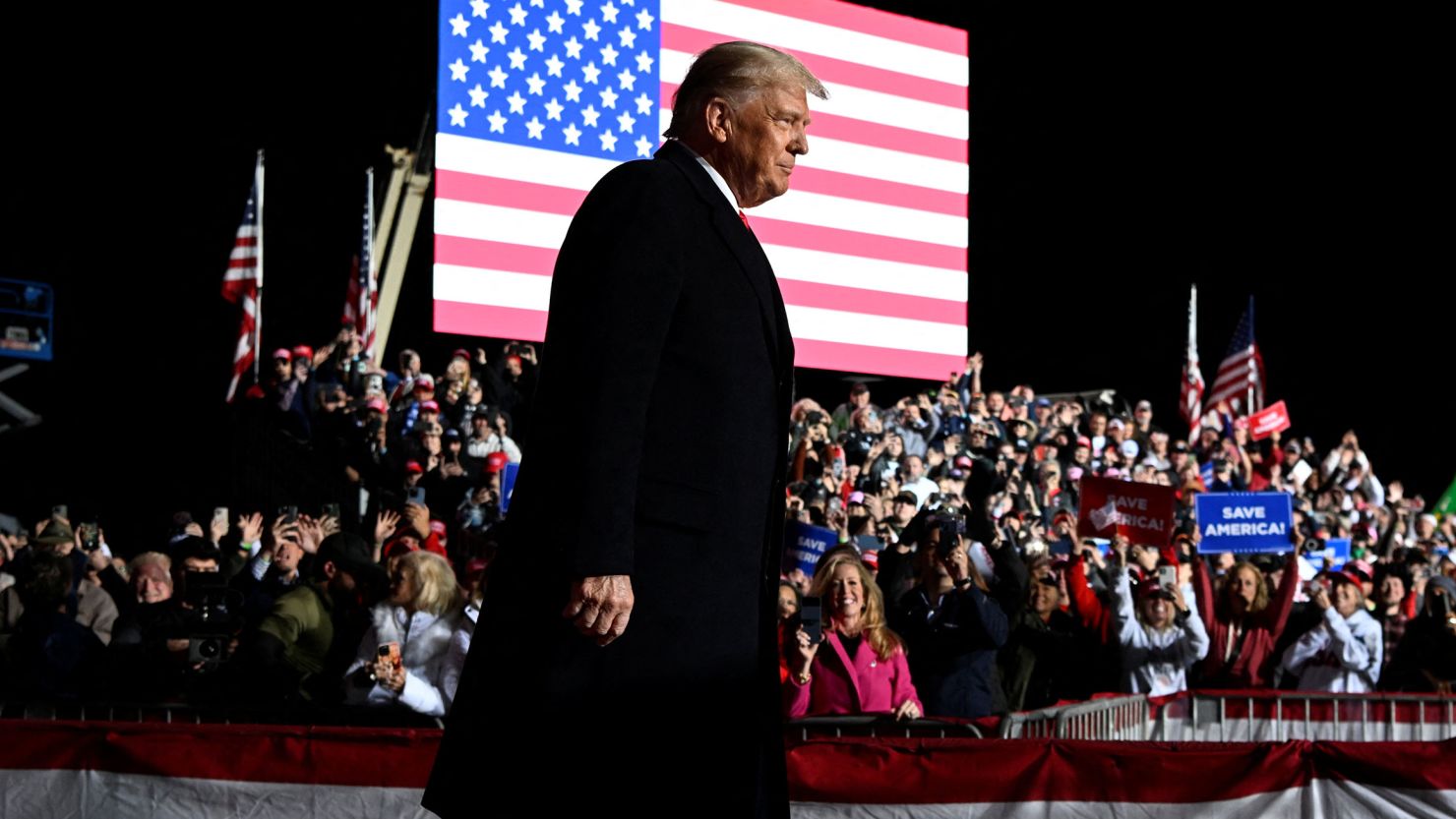Elon Musk is back on the political scene, but his intentions are anything but benign. Announcing the formation of the "America Party," Musk aims to disrupt the midterm elections and wrest control from the entrenched two-party system. This audacious move is not just a mere candidacy; it’s a potential assault on the very fabric of our democratic governance.
Musk"s Disruption Lacks Credibility
Despite his wealth and influence, Musk’s political credibility is shrouded in uncertainty. His past alliances, notably with former President Donald Trump, fizzled out in mere months. His sudden shift from an outspoken supporter of the Republican agenda to a self-proclaimed political disruptor raises questions about his commitment to any coherent ideology. As reported by the New York Times, Musk’s previous donations, totaling nearly $300 million to Republican candidates, suggest that his political motivations may be more self-serving than altruistic.
Exploiting Voter Discontent
Musk’s strategy appears to hinge on identifying and exploiting the gaps left by both major parties. As noted by GovFacts, he must learn from disruptors like Trump and Bernie Sanders, who resonated with voters by addressing their unmet needs. Rather than seeking a centrist approach, Musk must target issues that have been neglected by both Democrats and Republicans. The potential for a populist surge exists if he can articulate a vision that aligns with the frustrations of the electorate.

The 5 "known unknowns" that will define 2024 | CNN Politics
Three Potential Policy Areas for Musk
To carve out a niche for the America Party, Musk must focus on specific policy areas where voters feel unrepresented. First, there’s the need for a champion of free trade. After Trump’s protectionist policies, many voters, particularly independents, view trade as an opportunity rather than a threat, with polls showing that 81% of Democrats now support this perspective, according to Gallup. This creates a fertile ground for a party willing to advocate for lowering trade restrictions.
Second, radical fiscal rebalancing presents another avenue. The public’s concerns about government overspending have been largely ignored, with neither party offering credible solutions. The Biden administration’s failure to enact significant tax hikes on the wealthy, coupled with Republicans’ relentless pursuit of tax cuts, has left voters disillusioned. A party that prioritizes fiscal responsibility, even at the cost of popular programs, could resonate with a significant portion of the electorate.
Lastly, securing American technological supremacy is crucial. Both parties have fallen short on this front, prioritizing cultural battles over essential investments in technology and scientific research. Musk, despite his controversial track record, could position himself as a champion of innovation, calling for policies that enhance America’s competitive edge in a global landscape increasingly dominated by China.
The Consequences of a Third Party
The emergence of the America Party poses serious ramifications for the current political landscape. Voters frustrated with their options may flock to Musk’s party, inadvertently siphoning support from traditional Democratic candidates, particularly in battleground states. This could lead to a significant reshuffling of the electoral map, potentially empowering the far-right agenda if centrist and progressive votes are split.
Furthermore, Musk’s financial clout allows him to pour billions into this venture, raising ethical questions about the influence of money in politics. As reported by Reuters, the challenge remains whether he can translate his wealth into a coherent political platform that mobilizes grassroots support.
Silicon Valley TechRecruit Conference — LAX Tech Recruit 2024
The Future of Democratic Governance
The creation of the America Party should alarm advocates of civil rights and democratic governance. Musk"s entry into politics highlights the fragility of our electoral system, where wealth and influence can disrupt democratic processes. The potential for a billionaire-backed party to redefine political discourse raises critical questions about representation and accountability in a democracy.
As the political landscape evolves, one must ask: can democracy withstand the onslaught of billionaire disruptors? The answer will depend on how effectively we, as a society, can mobilize against forces that threaten to undermine our democratic institutions.



![[Video] Gunfire between Iraqi security forces and Sadr militias in Baghdad](/_next/image?url=%2Fapi%2Fimage%2Fthumbnails%2Fthumbnail-1768343508874-4redb-thumbnail.jpg&w=3840&q=75)
